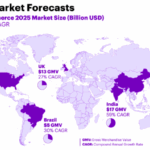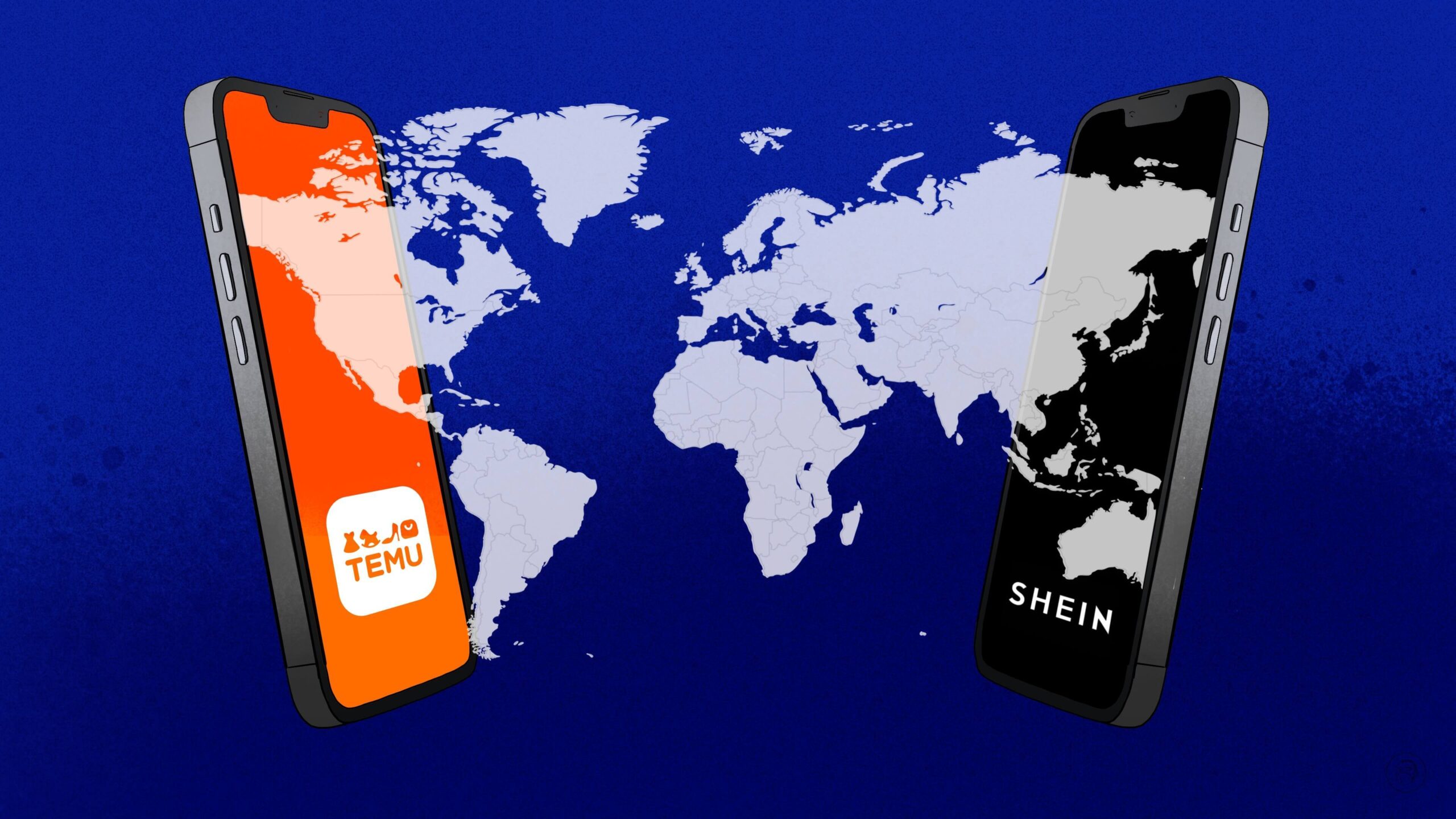🛍️ What’s New?
Chinese e-commerce giants Temu and Shein are rapidly redirecting their growth focus toward Europe and the UK in response to rising tariffs and regulatory headwinds in the U.S.
- Temu’s app usage has surged by:
- 🇫🇷 76% in France
- 🇪🇸 71% in Spain
- 🇩🇪 64% in Germany
- Shein has also gained traction, with 13–20% growth in user engagement across:
- 🇬🇧 The UK
- 🇫🇷 France
- 🇩🇪 Germany
With U.S. policy changes eliminating duty-free thresholds on low-value imports, both platforms are now aggressively investing in Europe to maintain momentum.
🌍 Why It Matters to the EU & UK Marketplace Ecosystem
This shift is more than regional rebalancing—it reflects the strategic rise of Europe as a global e-commerce battleground.
“As Temu and Shein lose tax advantages in the U.S., they’re accelerating localized logistics, marketing, and warehousing across Europe—especially in major e-commerce hubs like France, Germany, and the UK.”
— DMSMatrix Voice Market Insight Team
📦 Implications for Sellers & Competitors
| Area | Key Takeaway |
|---|---|
| Marketplace Opportunity | EU-based sellers should consider onboarding on Temu and Shein for wider reach |
| Competition Pressure | Amazon, Zalando, and local EU marketplaces face increased pricing pressure |
| Logistics Shift | EU-based 3PL and cross-border fulfillment providers are seeing new demand waves |
🚨 Key Drivers of This Boom
- 🔄 US Regulation Fallout: The U.S. has removed the de minimis exemption (previously allowing duty-free packages under $800), prompting global sellers to divert focus.
- 🏷️ Value-Driven Consumer Growth: EU shoppers, facing ongoing inflation, are flocking to affordable, app-based marketplaces.
- 🏬 Localised Operations: Both platforms are investing in regional logistics to offer faster delivery and lower shipping costs.
🔮 What’s Next?
Temu and Shein are expected to:
- Open new warehouses in mainland Europe
- Boost local marketing spend in the UK and France
- Expand seller onboarding for both EU brands and global third-party merchants
The EU e-commerce landscape is shifting rapidly, and now is the time for sellers, logistics providers, and marketplaces to recalibrate their strategies.










